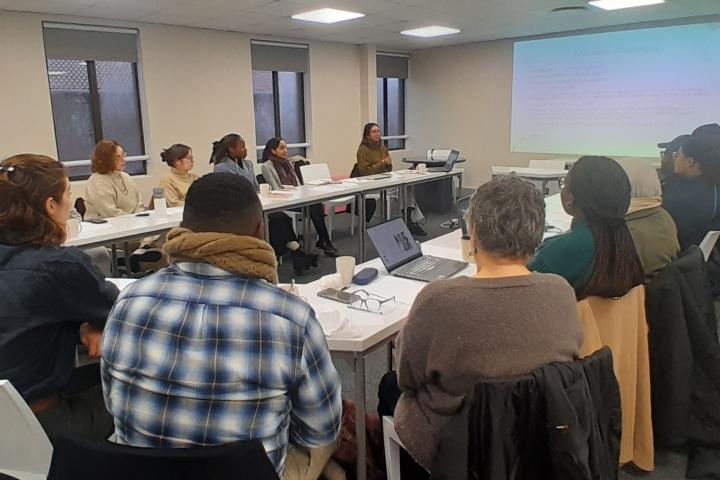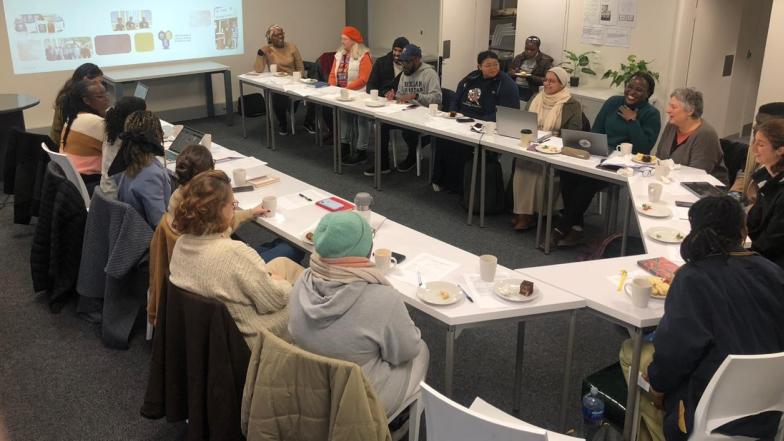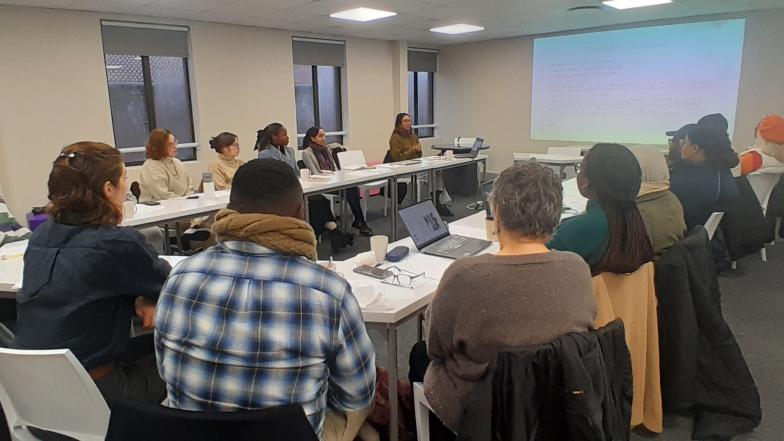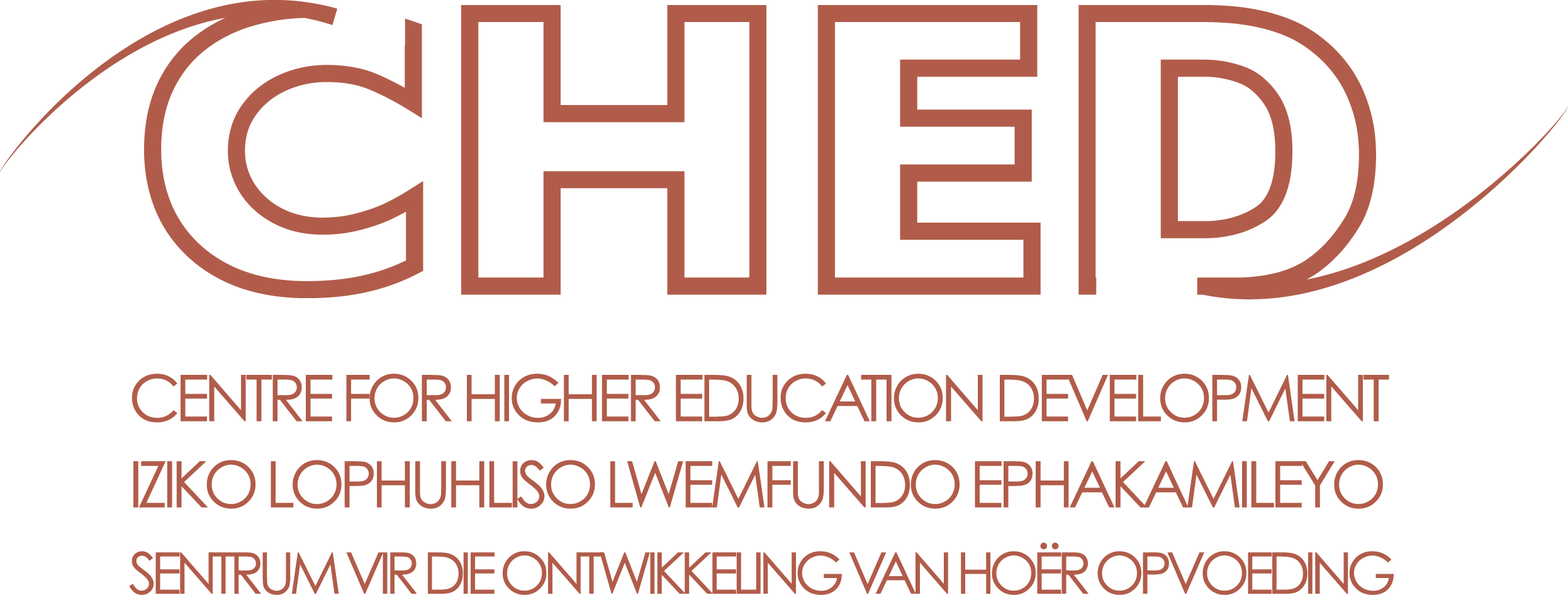Writing Centres in the age of AI – relevant or redundant?

When Generative AI descended upon the Higher Education scene in November 2022, the sector’s first reaction was serious concern. It assumed that writing courses and Writing Centres would be most impacted, even turned redundant, by the automation of writing practices. However, at this juncture in human history, such spaces could become more influential, to resurface the human in the writing, albeit in novel ways.
Overview of Writing Centres
Writing Centres are units which specialise in giving feedback to university students on their academic writing. This could range from academic essays, scientific reports, proposals, thesis chapters to more current forms of writing such as reflective tasks, wikis and blogs.
Writing Centres do not mark essays. Rather they occupy an in-between space modelled on mentoring approaches, and offer students feedback on an evolving piece of writing before final submission, focusing on aspects of argumentation, structure or voice for instance. Generally, they are not editing services, so consultations do not focus on typographical errors, but rather on navigating academic writing requirements.
In the South African context, where epistemic access to Higher Education has largely been unequal, Writing Centres have played a crucial role in mediating students’ entry to formal academic spaces by making valuable academic writing practices visible. Through particular uses of AI, they could contribute further to levelling the playing field. This think-piece is a snapshot of evolving reflections on the possible role of Writing Centres in the age of AI, particularly generative AI.
Writing Centres are uniquely positioned to act as an interface between students and the departments. They are often staffed with Consultants across disciplines and cater for a heterogeneous student body. Therefore, the diversity within is also reflected in the students they serve. This poses both challenges and opportunities in terms of Writing Centres’ response to AI.
The think piece includes reflections over a semester, and statements from members of the UCT and UWC Writing Centres who met on the 25th of June 2025 for a three-hour workshop.

Pictured here: UCT and UWC Writing Centres Staff engagement during workshop (25 June 2025)

Diverse AI policies
One of the challenges facing Writing Centres is that departments vary with regard to their internal AI policies, requiring Consultants to be agile in their interactions with students on their essay drafts. Since the AI terrain is rapidly changing, AI policies too will evolve, requiring constant training, adaptation and responsiveness in consultation strategies. Consultants might also encounter unexpected scenarios, which would necessitate establishing proper feedback loops so that those experiences can be recorded to inform policy updates.
AI, the villain?
In terms of AI adoption, the main concern is over-reliance on AI – a symptom of simplistic usage when tasks are pasted verbatim as prompts, and / or deviant behaviour when AI tools are misused to generate essays on students’ behalf. The Administrator of the UCT Writing Centre, Kendi Osano warns that, ‘AI is certainly revolutionising writing in general and academic writing in particular, but it is important to be acutely aware of what we might be losing’. UWC Writing Centre Coordinator, Dr Arona Dison elaborates on this,
‘Learning to write academically involves processes of thinking, reading, engaging with ideas. If students circumvent these processes by using generative AI, they miss out on the learning process involved’, a view echoed by UWC Writing Centre Consultant, Deva Willemse, ‘It hinders aspects of critical thinking which is a fundamental aspect of academic writing’.
These sentiments are supported by a recently published MIT study on the ‘cognitive debt’ experienced by students heavily relying on Gen AI to craft their essays (Kosmyna, 2025). Using EEG scans, the study showed that those students ‘underperformed at neural, linguistic and behavioural levels’ in the space of four months. While the study could be strengthened with larger scale studies, it is a cause for concern. In the past year, to prevent AI usage, some departments adopted measures such as in-class writing and oral examinations.
That said, the mal-practices around authorship have pre-existed AI, for we would recall a time, not so long ago, when students faithfully reproduced chunks of text from Wikipedia or Spark notes. It appears that AI has now become the scapegoat for unethical human practices. For UCT Writing Centre Consultant, Hayley Hayes-Roberts, it is important to distinguish between ‘AI-assisted and AI-generated to foster transparency, maintain ethical practice to prevent plagiarism and maintain academic integrity’.
It could be argued that the ethical issue is not intrinsic to AI, but depends on how AI tools have been harnessed. In the field of literary studies, Dr Arend and I adopt a 'social practices' view (Lea & Street, 1998) of AI usage, which emphasises how AI tools have been put to use, instead of dismissing them altogether. We therefore interrogate a punitive approach to detected AI-usage which may overlook students’ varied use of AI tools, such as recruiting them as editing tools.
The question of plagiarism
One may further interrogate what counts as ‘ethical’ in the context of textual production. Two decades back, Angelil-Carter questioned the meaning of ‘plagiarism’, extricating intentional and unintentional practices, and seeking to uncover why students engaged in them. Notwithstanding cases when students actually cheat and need to be held accountable, one is drawn to her finding that novice writers ‘try on the academic discourse’ in order to fit in. This involves replicating the structure, what is seen as meaningful, and strings of words from other sources with the belief that one’s paraphrase may fall short of achieving the same effect (2000:160-162). It would be worthwhile to explore how some students’ over-reliance on AI may be tied to a similar desire to sound scholarly. UCT Writing Centre Consultant, Bokang Mohlabeng shares, ‘I think a big part of the consultation is ensuring that I do not vilify AI but encourage ethical use. I try to encourage students to understand departmental guidelines and to have confidence in their writing’.
Loss of voice
With over-reliance, an accusation levelled against AI is the muffling of students’ authorial voice. The texts are said to sound dry, with close to no examples from students’ contexts. Yet, the issue of voice was also a preoccupation prior to this moment, caused by risk-averse, formulaic approaches to academic writing, and an over-performance of discipline-specific genres of writing. As mentioned, to gain legitimacy and be part of an intellectual coterie, it is not uncommon for students to foreground and parade experts’ voices in their writing.
However, texts have always been intertextual, and in the words of Bakhtin (1981), ‘polyphonic’ – composed of multiple voices. That said, the author's choices in relation to the purpose, arrangement, interpretation and interrogation of ‘borrowed’ ideas is what could present novelty in textual production.
The digitisation of writing practices, where the scratches on the page have been replaced by clicks, voice notes, emojis and predictive texts, is also reinventing the meaning of authorship. With technology-mediated texts, it could be argued that the line between human and non-human is becoming harder to discern, leading to constructions of cyborg texts and writers.
These challenges underscore the importance of fostering AI literacy practices, which may well feature as a graduate attribute in the near future, with a focus on ethical usage and prompting. For Luqmaan Samsodien, UWC Writing Centre Consultant, correct AI usage would include ‘using prompts such as, "Is there anything lacking in my introduction?" and "Are there any gaps in my reasoning in this paragraph?"’.
The need for careful prompting demonstrates that AI in itself cannot be the substitute for one’s creativity. More importantly, it emphasises the critical role of Writing Centres to elicit from students aspects of voice and critical thinking in the drafts that they produce alone or in collaboration with AI tools. UCT Writing Centre Consultant, Orrie Staschen stresses that this is more important now than ever ‘with the growth in popularity of LLMs, along with the saturation of misinformation and ‘fake news’ in the digital age’.
Writing Centres as process-driven spaces
Let us turn to the opportunities that AI presents to Writing Centres as process-driven spaces. Writing Centre consultations consist primarily of ‘talk around text’, a technique that attempts to connect what simmers in students’ minds with what appears on the page, thus surfacing the unspoken ideas that seek expression.
Since Writing Centres are not in the business of awarding marks or assessing performance, they can be generative sites that sustain students in a mode of inquiry and reflection about academic texts and concepts. Consultants can probe the ideas on the page, prompt students to challenge what is visible, and explore invisible pathways in their sequence of thought. UCT Writing Centre Consultant, Isabella Sinn notes,
‘There should be an emphasis on teaching writing as a process and a recognition of and focus on the time, effort and care involved in crafting a piece of writing, and why this is of value’.
Illuminating the road less travelled
Going forward, AI tools could be harnessed to generate useful questions and provocations for students to tread 'the road less travelled'. While formal assessment values the answer, consultations offer fertile ground to validate the steps leading to the answer, with the broader purpose of fostering critical citizens in an age of automation. For Prof Arlene Archer, Director of the UCT Writing Centre,
‘Writing Centres have always questioned the myth of technological transparency and the idea that writing is unaffected by the technologies of its production. As academic literacy practitioners, our goal is to develop students’ critical capacities in relation to texts, and our engagement with AI is simply an extension of that’.
Over time, Writing Centres could gather records of their response to students’ varied use of AI to compile a repository of strategies to inform future collaborative efforts with departments and policy makers. Phoene Oware, Graduate Learning Assistant at the UWC Writing Centre adds, ‘We can have joint capacity development sessions for tutors. Collaborate on Writing Centre practices in relation to AI’.
All the while, it should be acknowledged that the AI field is fast-evolving. It will require us to exercise both caution and a level of experimentation as we go along. It will require Writing Centres to be mindful of the rules of human-AI engagement in the different departments that they service. Since writing remains the main mode through which content knowledge is assessed, it will require us to reimagine the teaching of writing and other functions, especially now given shifting understandings of the written mode and the writer.
Acknowledgments
I would like to thank colleagues from the UWC and UCT Writing Centre for sharing their views. I would also like to thank Dr Moeain Arend, A Prof Lucia Thesen, Prof Arlene Archer and A Prof Abongwe Bangeni for their encouraging comments.
Reference list
Angelil-Carter, S. 2000. Understanding Plagiarism Differently. In Routes to writing in Southern Africa. B. Leibowitz and Y. Mohamed, Eds. Cape Town: Silk Road International Publishers.
Bakhtin, M., 1981. Forms of Time and of the Chronotope in the Novel. The dialogic imagination: Four essays. 1:84-259. Texas: University of Texas Press.
Kosmyna, N., Hauptmann, E., Yuan, Y.T., Situ, J., Liao, X.H., Beresnitzky, A.V., Braunstein, I. and Maes, P., 2025. Your Brain on ChatGPT: Accumulation of Cognitive Debt when Using an AI Assistant for Essay Writing Task. arXiv preprint arXiv:2506.08872
Lea, M. and Street, B. 1998. Student writing in higher education: An academic literacies approach. Studies in higher education, 23(2):157-172. Available: https://doi.org/10.1080/03075079812331380364
